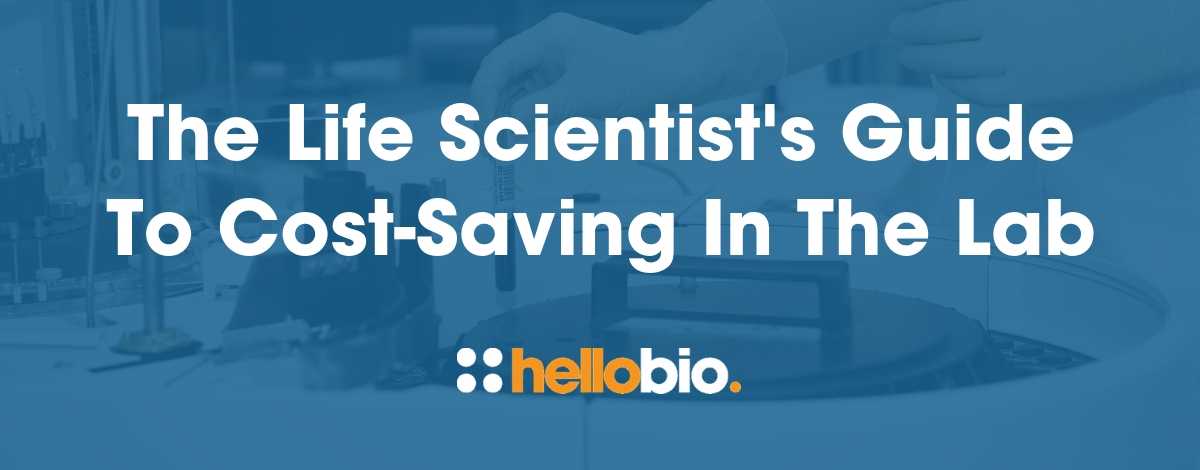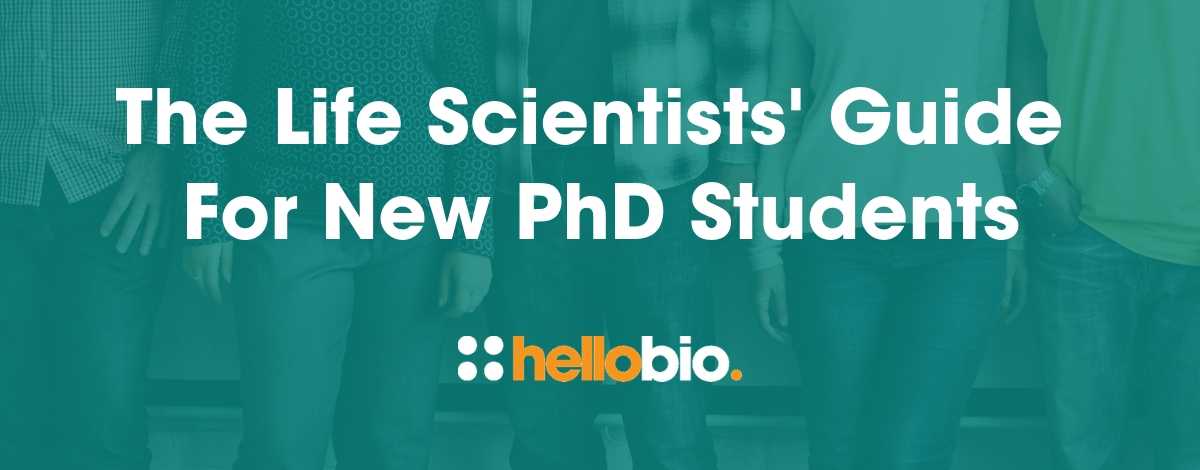Interviews with Scientists: Ana Paula Miranda
Meet Ana Paula Miranda in the next of our Interviews with Scientists blog series! Ana Paula is in the last month of her PhD in Biochemistry at the Federal University of Rio de Janeiro, Brazil. She’s interested in understanding how energy metabolism is altered under nutritional, redox and behavioral stresses.
Ana Paula also earned her Masters degree in Biochemistry at Federal University of Rio de Janeiro. During her PhD, she has been part of the Centre for Biomolecular Interactions Bremen at Bremen University (Germany) under bi-national supervision as a result of a research grant obtained from German Academic Exchange Service (DAAD). With her research, she has had the opportunity to travel to Chile, Austria, Italy and Germany to present her work. Currently, Ana Paula is writing her thesis and applying for postdoc positions to continue working in life science.
Hi Ana Paula, thank you for speaking to us! Firstly, tell us a bit more about your PhD…!
I’m doing my PhD in Biochemistry at the Federal University of Rio de Janeiro, Rio de Janeiro, Brazil under Prof. Marcus Oliveira’s supervision. I started in May 2013, and will receive my PhD title in June 2019. At the moment, I’m writing my thesis which aims to understand how energy metabolism is altered under nutritional, redox and behavioral stresses. From April 2018 until March 2019 I was a guest researcher at the Centre for Biomolecular Interactions Bremen at Bremen University (Germany) under Prof. Ralf Dringen. My PhD has been a very enriching period, from a personal and professional point of view. I’ve been able to get in touch with another culture and, at the same time, be part of a close-knit team of researchers.
Did you always want to be a scientist when you were younger, and why?
I have always wanted to be a scientist! Since I was young, when I saw an ant on the living room floor. I wondered how such a small creature could be almost like me, walking and eating, being so small. At that moment, I wrote a letter to Santa Claus asking for a microscope so that I could open an ant and understand how it was formed from the inside. I believe my desire to be a scientist came out of wanting to understand how everything works.
What are you enjoying most about your PhD?
Talking and exchanging ideas is something that fascinates me. Science allows you to do that the best possible way: through conferences, project collaboration, and advice. Science is universal, and with it you can achieve so much with people from different parts of the world.
What advice would you give to someone just starting out with their PhD?
Continue with your curiosity. It is the spark for everything. And don’t forget to network, because science is only accomplished with a lot of communication and the exchange of ideas.
What’s the most important lesson you have learned during your PhD so far?
Science is one of the fields that most fascinates the world. It teaches you to be humble and, above all, allows you to share knowledge. Knowledge is the only thing that no one can ever take away from you.
What do you think are the biggest challenges facing life scientists and their work at the moment?
I believe that every region of the world has a different problem for scientists. Here in Brazil, for example, our biggest problem is the budget we have to conduct research, which declines each year.
In general, although science fascinates everybody, it has to be communicated in a simpler way and be accessible to all, from the privileged population to the less privileged. Especially at this moment in time, in which “fake news” has more value than the opinion of a specialist. The scientist's role in our global society needs to be reinvented.
Tell us a bit more about what you’re researching at the moment…
Most of my PhD was developed at the Institute of Medical Biochemistry Leopoldo de Meis at the Federal University of Rio de Janeiro. This was focused primarily on the effects of iron exposure on energy and redox metabolism of brain tumor cell lines. I have a particular interest in understanding how mitochondrial functionality is altered in a stress environment mediated by iron, as the effect of this transition metal in the context of brain cancer is still largely unexplored.
We observed that non-toxic iron levels caused a signaling effect that reduces oxidant production in neuro and glioblastomas, with potential consequences for cancer growth and malignancy. I have also developed a project to understand the metabolic basis of aggressive behavior in a mouse model, and we demonstrated that aggressive behavior generated by social stress is associated with selective reduction in cytochrome c oxidase activity.This finding will significantly contribute to understanding the molecular basis of social stress. And this work is already available as an article online!
In Prof. Ralf Dringen’s lab I was able to investigate the role of mitochondria in astrocytes after exposure to high fructose concentrations, and this work can contribute to the understanding of the mechanisms that neural cells acquire from high consumption of sugar, something that has been growing over time amongst the world’s population.
What does a typical day in the lab look like for you?
My day in the lab is split between the bench, laminar flow to take care of cells, and readings and written work in front of the computer. For most of my day I'm taking care of my cells, or moving around in the lab with experiments. By the end of the afternoon, I'm usually reading or writing articles, and answering emails at my desk. And there are also days with long periods of meetings with the boss.
Outside the lab, what do you enjoy doing most?
At home, I love to listen to music, and to discover new songs. It calms me, focuses me, and makes me travel somewhere else. I also love photography. I have a professional camera and when I have the opportunity, I love taking photos.
If you weren’t a scientist, what do you think you’d be doing?
I think I would work with international relations. Talking with new people, exploring different cultures, and traveling to other countries. Knowing and speaking new languages is something that I love!
What is it about your field of research, or your current work, that gets you most excited?
I work with energy metabolism. More specifically, with the organelle known to be responsible for the energy supply of the cell in the form of ATP. What fascinates me most is the fact that the organelle does much more than this. And today, scientists have been able to show that this organelle plays a role in Alzheimer's, Parkinson's, and even obesity.
Which scientists working today do you most admire, and why?
All Brazilian scientists are my inspiration. To make science of great quality with everything that is faced here is very admirable.
What’s your favourite science joke?
What did the thermometer say to the graduated cylinder?
At least I have a degree.
What do you think is the greatest scientific discovery of all time?
Without a doubt, the proof of Einstein's theory, 100 years later through the first photo of the black hole.
____________________________________________
Thank you so much, Ana Paula! We wish you the very best of luck with your thesis, and with the next stage in your research career.
Find Ana Paula on Research Gate: https://www.researchgate.net/profile/Ana_Mendonca1...
Follow her on Twitter: @ana_paulamm2
Find out more about Ana Paula’s Lab Group: https://lbre.weebly.com/
Connect with her on Linkedin: www.linkedin.com/in/apmm
____________________________________________
If you enjoyed reading this interview, why not check out the other resources available on our blog. One of the things we’re most passionate about is supporting early career life scientists and PhD students. We know how tough it is - so we hope you find these helpful!
Advice & guidance for life scientists
Click below to view our of essential guides and articles includes to support life scientists, PhD students & early career life scientists:
Travel grants
Every month we give away $500 to PhD students and Postdocs so that they can attend a scientific conference - click below to find out more:
Wellbeing for scientists
Click below for our resources to help improve your wellbeing:
Technical resources
Try our Molarity Calculator: a quick and easy way to calculate the mass, volume or concentration required for making a solution.
Try our Dilution Calculator: an easy way to work out how to dilute stock solutions of known concentrations
Click below to see our Mini-reviews, Pathway Posters & Product Guides: a set of technical resources to answer your questions on a wide range of topics and to help you get started quickly.
And - when you get to the stage of planning your experiments, don't forget that we offer a range of agonists, antagonists, inhibitors, activators, antibodies and fluorescent tools at up to half the price of other suppliers - click below to see how we compare with other suppliers:
Advice from your fellow scientists
Click below to read advice from other scientists:






















